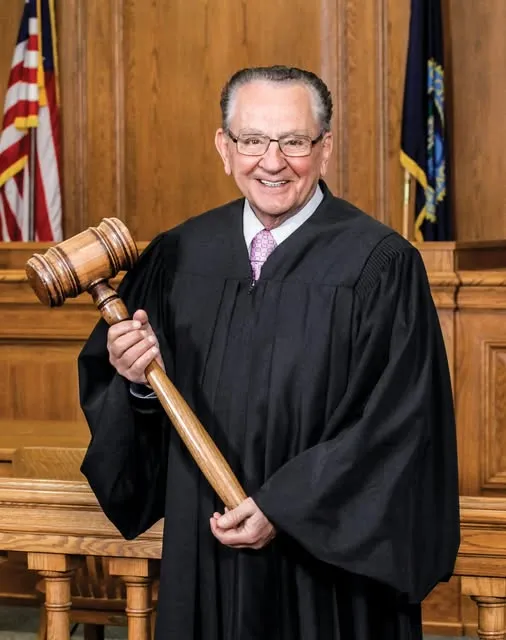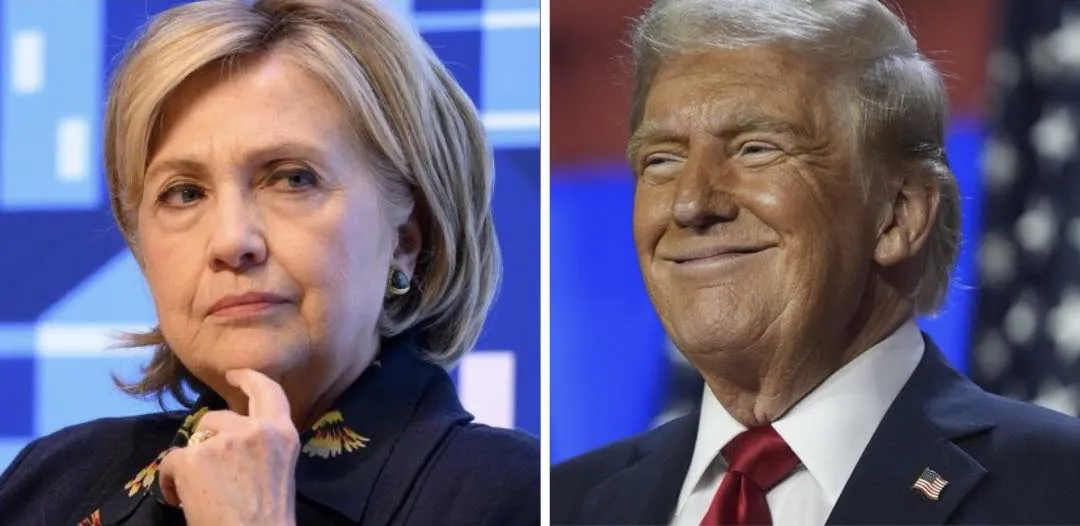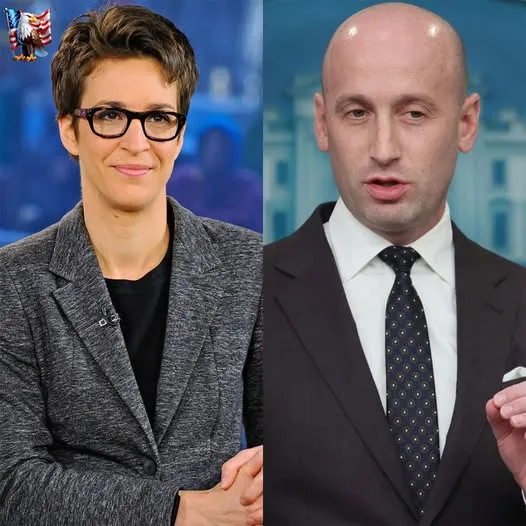When CBS announced that The Late Show with Stephen Colbert would end its run in 2026, the official line was simple: “just business.” A routine decision, they said. Budget cuts. Restructuring. The kind of cold calculus that keeps the wheels of network television turning. But as soon as the news hit the wires, the internet erupted—not with sadness, but with suspicion.
Fans weren’t buying it. In the age of streaming wars and shrinking ad dollars, sure, money talks. But The Late Show was still a ratings powerhouse, a cultural lightning rod, and a nightly destination for millions. The “budget cut” excuse felt thin, almost insultingly so. Something else was going on, and everyone sensed it.
Then Jon Batiste stepped into the fray.
Batiste, Colbert’s Grammy-winning bandleader for seven years, didn’t mince words. In a candid interview, he warned that in today’s media landscape, “big money” decides who gets to speak—and who gets shut down. Coming from the man whose music and spirit helped define Colbert’s show, those words landed like a bombshell. Suddenly, the question wasn’t just about dollars and cents. It was about power. About censorship. About whether Colbert’s unapologetic satire had finally crossed a line CBS wasn’t willing to defend.

Was Colbert muzzled? Was The Late Show killed not by economics, but by the invisible hand of corporate control? And if so, what does that mean for the future of late-night TV—and for the voices that dare to challenge the status quo?
A Legacy of Laughter—and Outrage
To understand the stakes, you have to understand what The Late Show became under Colbert. When he took the reins in 2015, following David Letterman’s legendary run, Colbert was already a household name—a master of political satire from his years on Comedy Central’s The Colbert Report. But few predicted just how influential, and divisive, his CBS tenure would become.
Night after night, Colbert turned his desk into a pulpit for truth-telling, skewering politicians, exposing hypocrisy, and giving voice to outrage in a country increasingly polarized by culture wars and misinformation. He wasn’t just making jokes; he was making statements. His monologues became viral hits, dissected on social media and replayed on cable news. For millions, Colbert was more than a comedian—he was a conscience.
But that kind of candor comes at a price. As the Trump era unfolded, Colbert’s satire grew sharper, more pointed, and more personal. His willingness to call out lies and corruption, often in language that skirted the edge of network decorum, made him a hero to some—and a target to others. Ratings soared. So did controversy.
Behind the scenes, CBS executives reportedly grew nervous. Advertisers complained. Political pressure mounted. And yet, Colbert refused to back down. “If I’m not making somebody mad,” he once joked, “I’m not doing my job.”
The Official Story: Business as Usual?
So when CBS finally pulled the plug, the official explanation felt hollow. Yes, late-night TV is changing. Yes, streaming and social media are eating into traditional audiences. Yes, budgets are tight. But The Late Show was still profitable. Colbert’s contract, while hefty, was in line with industry standards. The show’s production costs were manageable. In short, the numbers didn’t add up.
That’s why Jon Batiste’s comments hit so hard. In his interview, Batiste didn’t just question the financial logic—he questioned the very motives behind the decision. “It’s not about money,” he said. “It’s about control. Who gets to speak. Who gets to challenge the narrative.”

Batiste knows the business. He’s seen how networks operate, how executives react when a host steps out of line. His warning—delivered with the quiet authority of someone who’s been in the room—suggested that Colbert’s political edge had become too sharp, too risky, too expensive in ways that had nothing to do with the budget.
The Corporate Clampdown: A Pattern Emerges
Batiste’s bombshell didn’t come out of nowhere. In recent years, a pattern has emerged across the media landscape—one that has alarmed free speech advocates and comedy fans alike. Jon Stewart, another late-night legend, has repeatedly clashed with network brass over editorial control. David Letterman, now retired, has spoken openly about the pressures he faced to “tone it down” during his tenure. Even newer voices, from Samantha Bee to Trevor Noah, have cited growing interference from advertisers and executives.
The message is clear: comedy is only welcome when it’s safe. When it’s edgy—when it threatens to disrupt, to provoke, to challenge—the powers that be get nervous.
And nowhere is that tension more acute than in political satire. In an era of fake news and culture wars, networks are increasingly wary of hosts who take sides, who call out lies, who refuse to play it safe. The result? A slow, steady erosion of the kind of fearless comedy that made late-night TV matter.
Colbert, with his nightly skewering of politicians and pundits, was the last holdout. And now, it seems, even he was too much for CBS to handle.
The Money Trail: Following the Real Motivations
Of course, networks will always insist that it’s “just business.” But a closer look at the money trail tells a different story.
The Late Show was, by all accounts, still profitable. Its ratings, while down from the peak Trump years, remained strong. Colbert’s digital presence—clips, monologues, interviews—drove millions of views online, generating ad revenue and keeping CBS relevant in the streaming age. The show’s cultural cachet was unmatched; its guests ranged from presidents to pop stars, its influence felt far beyond the confines of late-night.

So why kill it?
Some insiders point to advertiser pressure. In recent years, several major sponsors reportedly threatened to pull their support over Colbert’s political content. Others cite political pressure, both overt and subtle, from lawmakers and interest groups unhappy with the show’s editorial stance. Still others suggest a broader climate of fear—networks worried about backlash, boycotts, or regulatory scrutiny.
In this context, “budget cuts” become a convenient cover—a way to mask deeper anxieties about risk, reputation, and control.
The Human Cost: What Happens When Voices Are Silenced
For Colbert, the end of The Late Show is more than a career setback. It’s a blow to the very idea of comedy as a form of resistance. In interviews, he’s been candid about the pressures he faced, the compromises he refused to make, and the toll it took on his team.
Jon Batiste’s departure, months before the announcement, was itself a warning sign. The bandleader, whose joyful energy and musical genius helped define the show’s spirit, reportedly left over “creative differences”—a euphemism that, in retrospect, seems loaded with meaning.
Batiste’s bombshell, delivered after the fact, suggests that those differences were not just artistic, but ideological. “We have to ask ourselves,” he said, “what kind of voices do we want on our screens? Are we willing to sacrifice truth for comfort? Comedy for conformity?”
The answer, for now, seems bleak.
The Broader Battle: Is Late-Night Comedy Dying?
Colbert’s exit is just the latest chapter in a broader battle over the future of late-night TV. Once the beating heart of American satire, the genre is now under siege—from streaming platforms, from social media, and from the very corporations that once nurtured its rebellious spirit.
Jon Stewart’s fraught return to TV, David Letterman’s retreat to Netflix, the cancellation of shows like Full Frontal with Samantha Bee—all point to a climate of fear and caution. Networks want safe bets. Comedy that doesn’t offend. Hosts who don’t rock the boat.
But in doing so, they risk killing the very thing that made late-night matter. The ability to speak truth to power. To challenge, to provoke, to make audiences uncomfortable. To remind us, in the words of George Carlin, that “the job of the comedian is to find where the line is—and cross it.”
Colbert crossed that line, night after night. And now, it seems, the line has caught up with him.
The Fan Reaction: Outrage and Organizing
If CBS expected a quiet exit, they miscalculated. Fans have mobilized, flooding social media with demands for transparency, for accountability, for answers. Petitions are circulating. Hashtags are trending. The “budget cut” narrative is being dissected, debunked, dismissed.
For many, Colbert’s exit feels like a betrayal—not just of a host, but of an ideal. The idea that comedy can be dangerous. That laughter can be a weapon. That late-night TV, at its best, is a forum for dissent.
Batiste’s words have become a rallying cry. “Big money decides who gets to speak,” he warned. Now, fans are demanding to know: who made the decision? Why? And what does it mean for the future of free expression in America?
The Industry Response: Nervous Silence and Quiet Support
Within the industry, the reaction has been more muted. Executives, producers, and fellow hosts have offered polite tributes, but few are willing to challenge CBS directly. The risks are too great. The climate too uncertain.
But privately, many are worried. Colbert’s fate could be a harbinger for others. If the most successful, influential host in late-night can be silenced, who’s safe? What happens to the next generation of comedians, writers, and satirists?
Some insiders predict a shift to streaming, where editorial control is looser and risks are more tolerable. Others warn that even digital platforms are vulnerable to the same pressures—advertisers, algorithms, and political influence.
For now, the future is uncertain. But one thing is clear: the era of fearless late-night comedy is under threat.
The Final Countdown: The Most Controversial Goodbye in TV History
As the clock ticks down to Colbert’s final show, the sense of anticipation—and outrage—is palpable. Will he address the controversy head-on? Will Batiste return for a final performance? Will CBS offer more than platitudes and press releases?
Whatever happens, Colbert’s exit is shaping up to be the most controversial goodbye in late-night history. The questions raised—about power, censorship, and the future of comedy—will linger long after the lights go out.
And thanks to Jon Batiste, the fight for answers has only just begun.
Conclusion: The Battle for Comedy’s Soul
In the end, the story of Colbert and The Late Show is about more than one host, one network, or one decision. It’s about the soul of American comedy—the freedom to speak, to challenge, to provoke. It’s about the dangers of corporate control, and the need for voices that refuse to be silenced.
Jon Batiste’s bombshell has ignited a conversation that won’t be easily quelled. As fans, critics, and fellow comedians rally to Colbert’s defense, the stakes have never been higher.
Will late-night TV survive? Will the boldest voices find new platforms, new audiences, new ways to speak truth to power? Or will the forces of caution and conformity win out, leaving us with comedy that’s safe, bland, and forgettable?
The answer, as always, depends on us. On what we demand. On what we support. On whether we’re willing to fight for the kind of comedy that matters.
As Colbert himself might say, “Stay tuned.”





